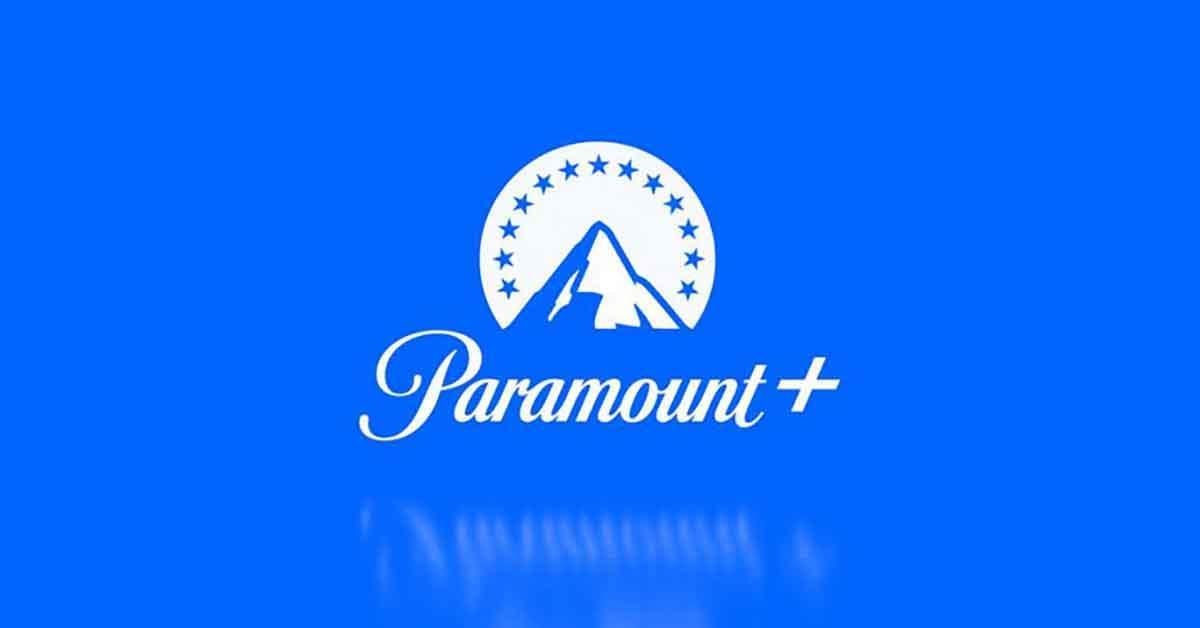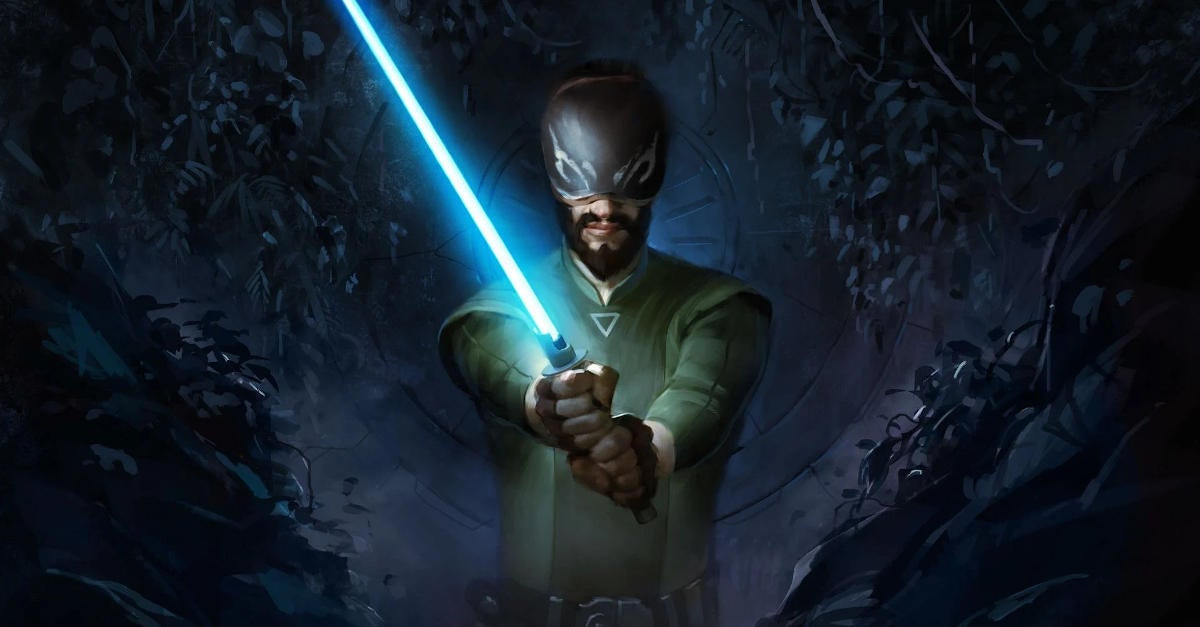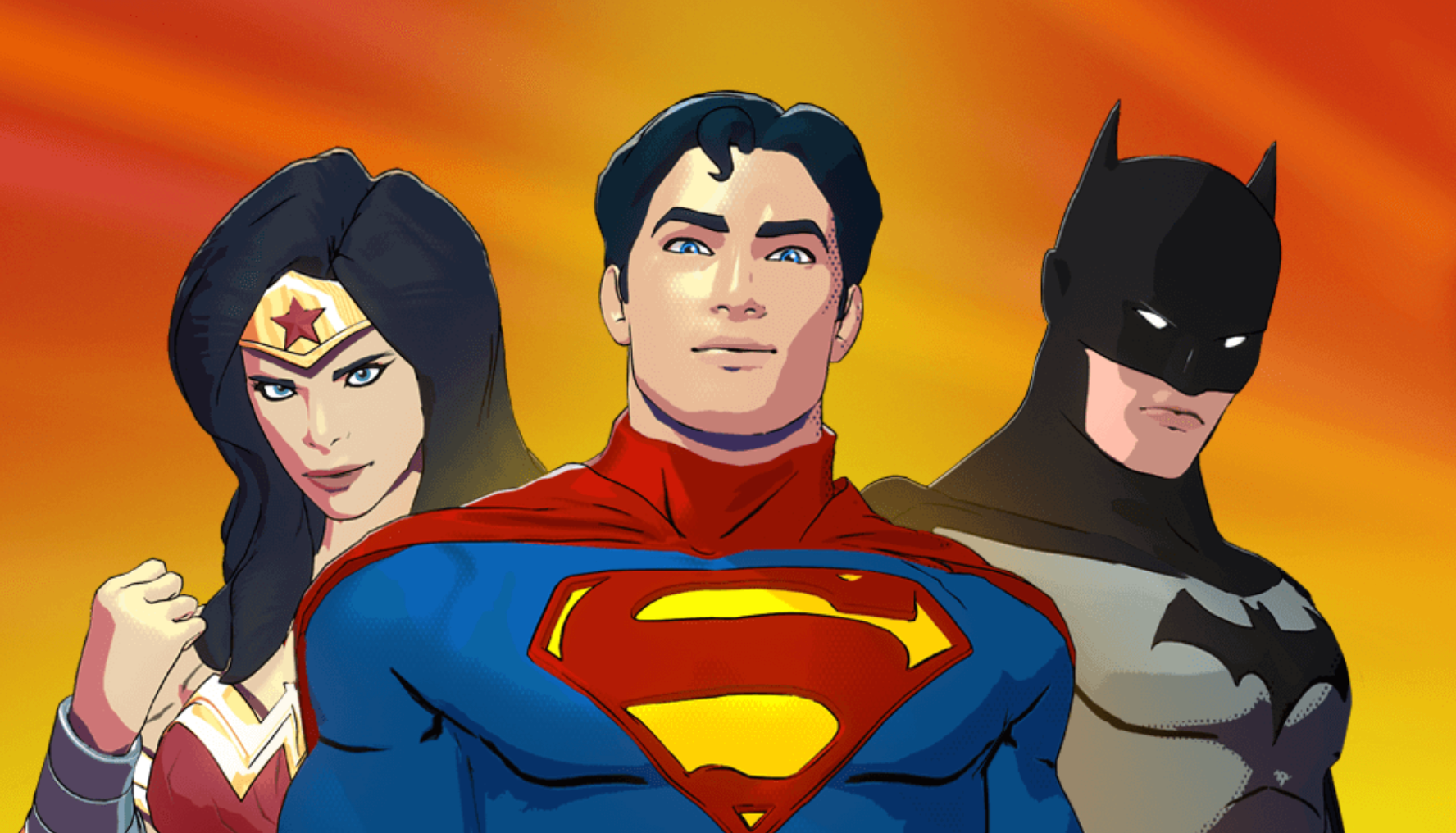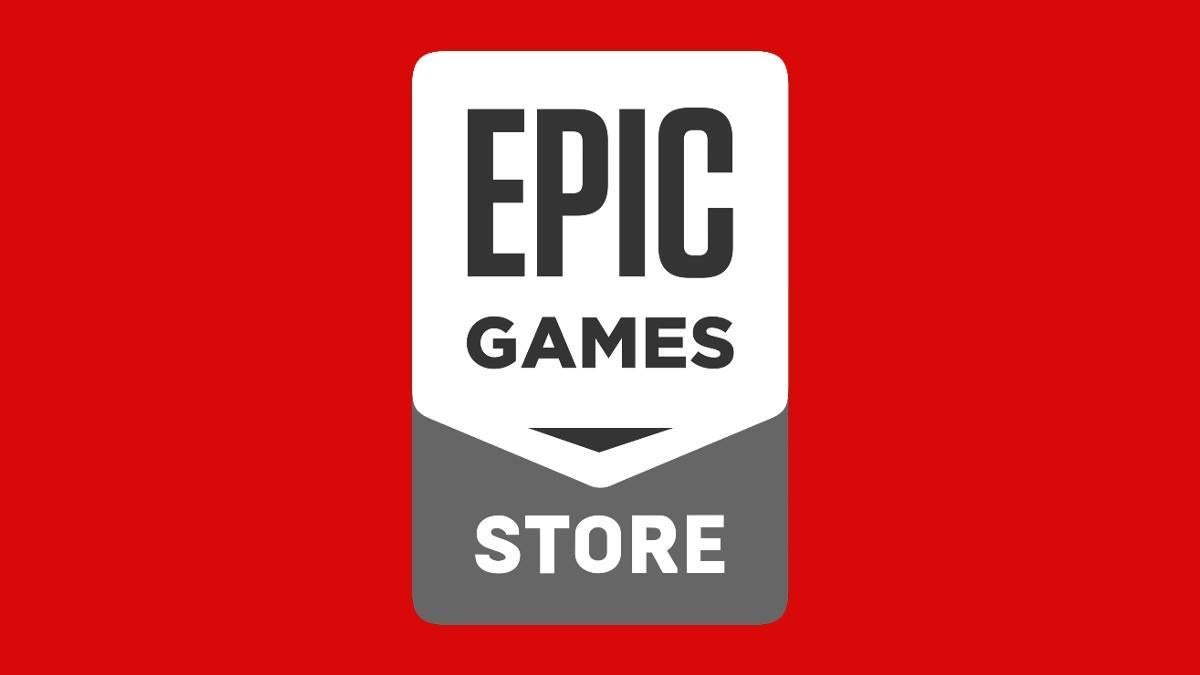Star Trek: VFX Legend Douglas Trumbull Reflects on The Motion Picture 40 Years Later
From 1966 through 1969, Star Trek: The Original Series captivated an audience of dedicated fans [...]
From 1966 through 1969, Star Trek: The Original Series captivated an audience of dedicated fans before it was canceled. A decade later, in 1979, Star Trek returned. This time, it wasn't a weekly, episodic television series. It was an epic feature film intended for the big screen.
Star Trek: The Motion Picture brought back the original Star Trek cast for their biggest adventure ever, with acclaimed director Robert Wise at the helm. Though the film's production was troubled, it managed to bring Star Trek back as fans had never seen it before.
Visual effects guru Douglas Trumbull was fresh off work on 2001: A Space Odyssey when Wise and Paramount Pictures enlisted him to work on Star Trek: The Motion Picture. Following the film's production, Trumbull was hospitalized for exhaustion and ulcers.
Fathom Events is bringing Star Trek: The Motion Picture back to theaters for its 40th anniversary, presenting an opportunity for Trumbull to reflect on his work on Star Trek. ComicBook.com spoke to Trumbull over the phone about the film.

How did you come to work on Star Trek: The Motion Picture? Were you already a fan of Star Trek?
Doug Trumbull: No, I was not a fan of Star Trek. I was an arrogant young director who had worked with Stanley Kubrick on 2001: A Space Odyssey, and I had this attitude that Star Trek was beneath me. I never told that to anybody else, but I think that the truth of the situation was there was a gulf of distance between the kind of melodrama of Star Trek and the epic grandeur of 2001. So I was never really that interested in Star Trek. I certainly knew about the phenomenon. I certainly knew it was at Paramount. I was working under Paramount, developing new technologies for cinema at a company called Future General Corporation. And the Star Trek project came up, and it became so important to Paramount that it completely eclipsed anything else that was going on at the time.
Do you feel like there was an effort with the film to elevate Star Trek to be closer to that other material?
DT: Yeah, I do. I think that everybody was on the same boat in that respect because there was a definite desire to elevate Star Trek to higher territory and epic territory. And that's why it's named Star Trek: The Motion Picture, not just Star Trek something else. They wanted to make sure it was differentiated from the television episodic series. That was why, I think, they hired Robert Wise, because he had done The Sound of Music and West Side Story, really important films that were epic in nature. And I think that's what they wanted for Star Trek.
What I think I brought to the movie was a lot of the skill sets that I learned working under Stanley Kubrick on 2001, which was to allow the audience to just experience something without anybody talking about it, getting rid of the more obvious expositional dialogue. Stop talking and just look and see something spectacular. When I was working on 2001, we were doing this with the Star Gate sequence for him, and no one in the movie ever says, "Well, what's a Star Gate?" Or, "We'll look at the Star Gate," or, "We're in a Star Gate," or, "Wow, what is it made out?" or whatever. You never do that. It's all completely musical and visual. And I think that's what I tried to bring to Star Trek, was those sequences where everybody stops talking, and you just start watching something happen.
That's what I tried to do to movies all the time. Whether it's Star Trek or Close Encounters [of the Third Kind] or Blade Runner or whatever, I try to bring that kind of sensibility, that kind of epic, awesome, visual spectacle that I think is being lost in movies today.
I know that the film was made on a tight time crunch. I know it damaged your health to the extent that you were hospitalized after it was done. Given that, and given that 40 years have now passed, has your opinion of the film, or your level of satisfaction with it, changed with the benefit of time and distance?
DT: Well, that's a really good question because I feel now that I'm more happy with the picture than I ever was. And I'm beginning to understand the film better than I did at the time because I've had to rewatch it, getting ready for interviews, and I had to kind of brief myself getting ready for the Star Trek convention last month in Las Vegas. A couple of things happened to me, about not just the film but the whole Star Trek universe and the Trekkies, as they call them, the whole phenomenon of Star Trek as a whole. It's a profoundly important kind of cultural event of some kind that I – it's hard for me to describe. I'm not a writer, but people who love Star Trek are intrinsically very sweet and very thoughtful and very much looking forward optimistically to the future. I just think it's just so charming and so sweet and so endearing. Being in an elevator at a hotel with a Klingon and a star trooper or whatever you want to call them is really fabulous. I just have nothing but good things to say about it. In the days that I was coming off 2001, as I was saying, I was kind of arrogant about what I thought science fiction should be or could be. Now I realize that Star Trek really is bigger than I thought it was at the time.
The film is returning to theaters now 40 years after it was first released. It'll be the first opportunity for many fans to see the film on the big screen as opposed to at home on their television in their living room. Do you think the film gains something from the theatrical experience that's lost when it's watched in a living room setting?
DT: Well, I hope that they get something that will help people understand the difference between seeing something on television and seeing something in a movie theater, which to me is distinctly different. The difference has been all but obliterated over the last 20 years or so because there's been these tidal shifts in entertainment and the commerce of entertainment, which is now being dominated by streaming. Netflix and Hulu and Amazon and Apple and Disney and everybody getting in on the streaming bandwagon, which is all about the commodification of content, so that it plays through a TV set or a smartphone or a tablet or computer or whatever.
The whole idea of going out to a movie because it's an epic, spectacular event, it's almost like a Broadway show or a circus or something bigger than a television, that differentiation is being lost, or it has been lost or eroded over the last few years. Some of the qualities that we tried to bring to Star Trek were to make it more epic in nature than a television show and differentiate between what had been happening in the limited budgets of the episodic series to what it could be like if it was a higher budget, spectacular movie with a big name director and some of the same cast members. It was an experiment that I think Paramount was boldly going, so to speak.
Looking back now, is there a particular moment, or sequence, or any bit of craft that stands out to you still? Either because it was particularly challenging, or reward, or that you're particularly proud of?
DT: Everybody kind of says the same thing I'm going to say, which is that I'm really very proud of the whole arrival at the Enterprise in the dry dock. That was a sequence that I directed and supervised the building design. That's kind of my ethos in film directing, is to stop talking and just start looking and watching, and let the music and the images carry the day. I think that really stands out in my mind in the same way that the Star Gate sequence stands out in 2001, and other sequences that I've done, like for Close Encounters where you just let the mothership speak for itself, for example. You stop indulging in what I derisively call melodrama.
The visual, epic spectacle of movies on giant screens and theaters, I think, is very important. I think people love it, and I think people seek it and crave it. And I think that's really what virtual reality is about these days, is people are seeking some kind of alternate reality that can transcend the limitations of our physical reality, or television or anything else. But it doesn't deliver. Virtual reality, in my opinion, doesn't deliver. But giant screen movies can, on big, what they call premium large-format theaters or IMAX theaters. So this movie plays particularly well on those big screens.
Now, if you want to tell a story or create a dramatic situation of love or hate or anxiety or killing or whatever, you can tell that story in audio-only. You can do it on a smartphone, and the story will come through, but the epic spectacle will not. It's like television is a filter through which only certain things can pass. That's why I'm such a big advocate of the theatrical experience. Having this 40th anniversary and showing the movie on screens in theaters, I think, is a really important opportunity for audiences to see the difference between what it's like to see something on television and what it's like to see the same thing on a big screen if it's shot for the big screen.
You touched on it a bit earlier, but what has your experience with Star Trek fans and conventions been like?
DT: I had a brief encounter with a Star Trek Convention, I think at the Waldorf Astoria in New York many, many years ago, I can't remember when. It was just very tangential. It might even have been around the time we were making Star Trek: The Motion Picture. I can't remember, but it was likely to be in the '70s. But yeah, this was the first full-blown convention that I went to and got to see everything that was going on. I go to the show floor and be in the audience when Bill Shatner's doing his monologue. It is a real amazing trip. There's a whole alternate universe and alternate culture that exists with people who are so dedicated and passionate about that kind of alternate universe of Star Trek. It's really charming and beautiful.
******************
Star Trek: The Motion Picture returns to select theaters on September 15th and 18th. Visit the Fathom Events website for more information.




